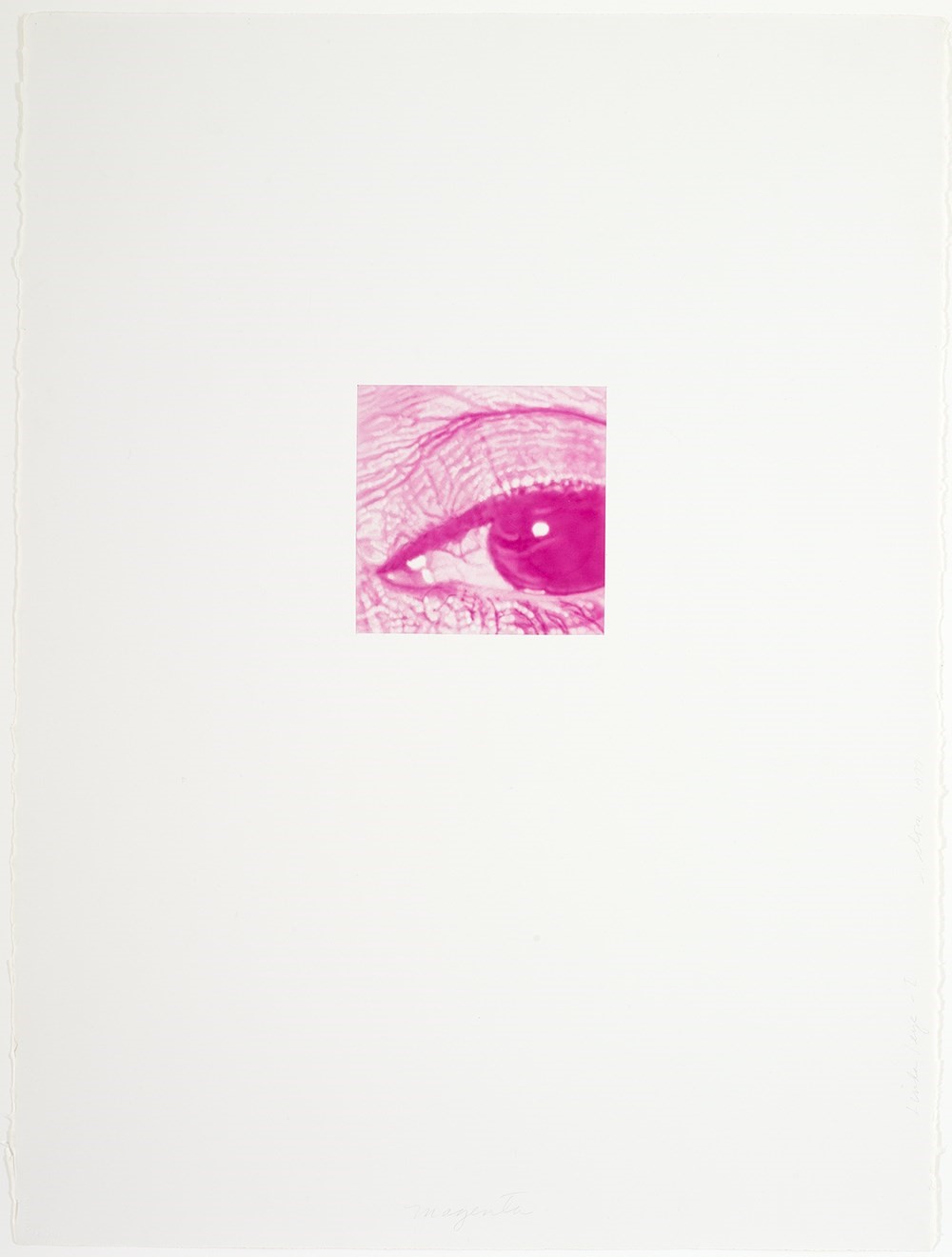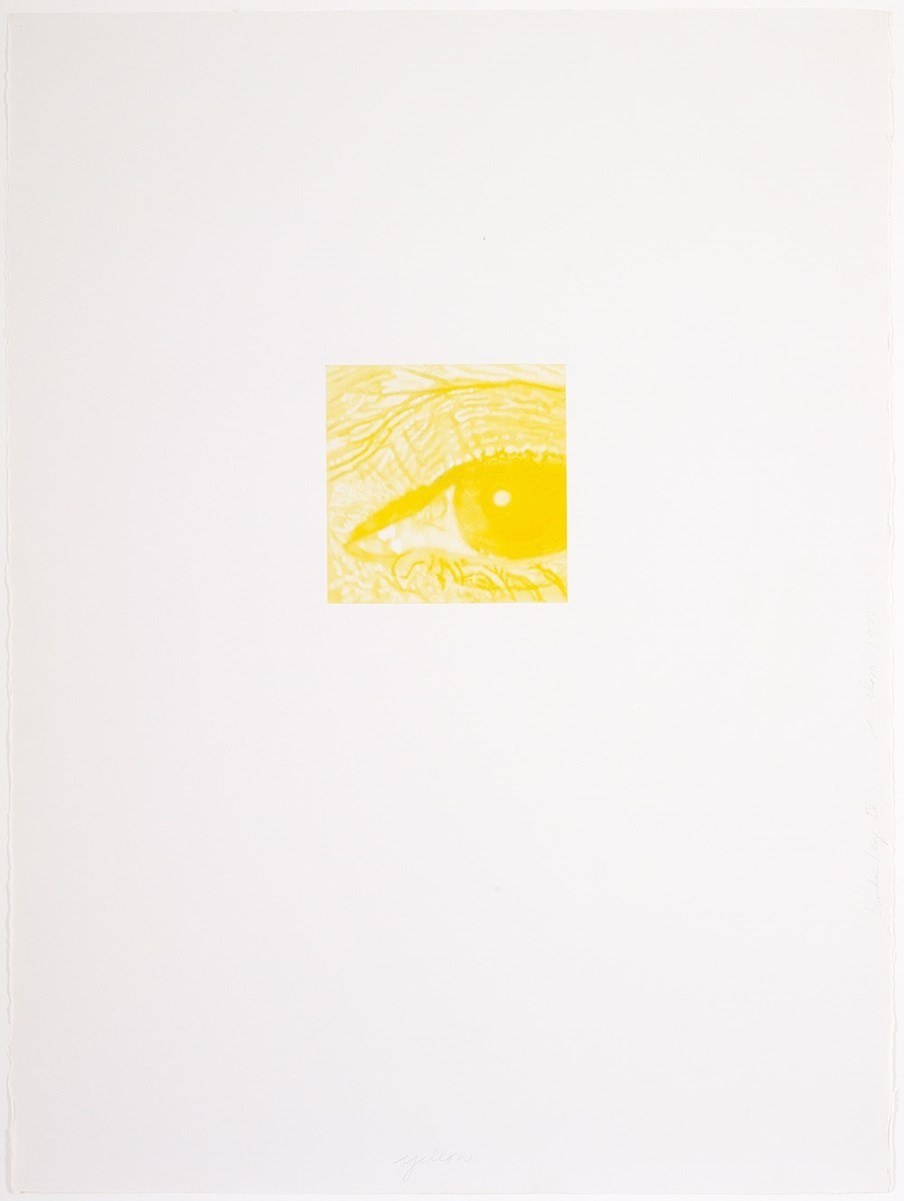In the first and second instalments of our interview, Linda Rosenkrantz, author of Talk, discussed pals, parents, Pinter and Pop Art. For this final part, the author opens up about the long road to literary success and how, thanks to the elimination of certain, cultural barriers, she is now able to reach a wider audience than ever before.
Nathalie Olah: What’s Vincent up to these days?
Linda Rosenkrantz: Vincent is painting still. He’s very successful and very happy.
NO: Can I ask what his real name is?
LR: No he asked me never to say.
NO: Ok.
LR: Because he married, you see. Twice actually. He had children and is now a grandfather.
NO: Oh so he became interested in women, as opposed to men, after the book came out?
LR: Yes and has been for years. I think he even says in the book that it’s not inconceivable that he would have children.
NO: Right.
LR: And he always loved women so much!
NO: Where did the idea come from to record the three of you on holiday, and did you have to persuade ‘Vincent’ and ‘Emily’ to come on board?
LR: It sprang… I don’t remember much of the circumstances. But I remember the idea coming to me. I remember where I was standing in my apartment in New York, next to a bookcase and I was probably heading to the Hamptons in a couple of weeks. It had never been done, and people were experimenting with similar approaches in other art forms – painters were working from photographs, for example. Nobody had really done it in book form. I remember how excited I felt about the idea and the other two just jumped right in.
NO: I guess there’s always going to be comparisons with Andy Warhol’s A…
LR: Yeah, but he didn’t edit his recordings. I think it came very shortly before mine and mine was ready to go. He was later aware of Talk though and did refer to it somewhere.

NO: Did you do all the transcribing yourself?
LR: Oh my god I spent a year editing it! The transcript was 1600 pages, single-spaced! And originally it was going to be more than three characters. Probably five or six, but that really didn’t work. Thankfully I realised pretty quickly and went back to edit it. But the transcribing was a nightmare. That was another year. A full year.
NO: Did you have a publishing deal at that point or were you just doing it in blind faith?
LR: No no no. No, it was rejected all through the New York publishing world. I have all the rejection letters, which include phrases like “repellently raunchy” [laughs]. Oh yeah, it was a huge tonne of work. As is this boyfriend one I’m working on at the moment…
NO: Is it done and ready to go?
LR: The boyfriend book?
NO: Yeah. Could it conceivably be published tomorrow?
LR: Well the day after tomorrow maybe. It still needs a little cleaning up and I still haven’t decided how many of them I would use.
NO: Are you quite a compulsive person? Because that’s a huge undertaking without having any promise of a publishing deal…
LR: I’m a little bit of an obsessive compulsive person. I was just very excited to do it. It seemed to be working and I was very willing to put the work in.
NO: Have you and your humour mellowed since then?
LR: [Laughs] I guess so yeah. I mean that was such a different and intense time in my life, yet I think it’s also part of being younger. I don’t think people could go through life having those sorts of intense relationships with friends, especially if they’re in a committed relationship with someone else.
NO: Have you ever had friendships as intense as during that holiday?
LR: I’ve had very close friendships since. But not in terms of living in such close proximity. That was a roommate situation.
NO: I think that’s one of the reasons why it’s found an eager following again today. Because many more people are being forced to live together. Has it ever been performed?
LR: It hasn’t, though it’s recently been optioned for a movie and when I was doing book signings last summer I hired some actors to do readings, which was great.
NO: Have you had much contact from fans since Talk was reissued?
LR: Just the reviews, which have been incredible. The Paris Review. The New York Times… it’s being taken very seriously, by serious journals, which didn’t happen the first time round.
NO: Did you have any expectation of being on the ‘serious literature’ shelf?
LR: I wanted to create something between a conceptual piece and a novel. I used to refer to it as a non-fiction novel. But I did see it as a literary work, yes. I think audiences are able to view it in that way because so many barriers have since been broken. Nothing is really shocking anymore. In the age of Amy Schumer. It’s other attributes that are seen before the shock value. The humour and all of that. The interest in friendship and human relationships. I mean, I feel in like a lot of these people who are interested are like my children or grandchildren. Who have taken off from the Talk point – the Talking Point! – and are going to be able to take from it so much more than they could originally because of how much more open accepting a lot of society has become.
*This piece is the third in a triptych of Nathalie Olah's conversation with Linda Rosenkrantz. Check back for Part I and Part II.
